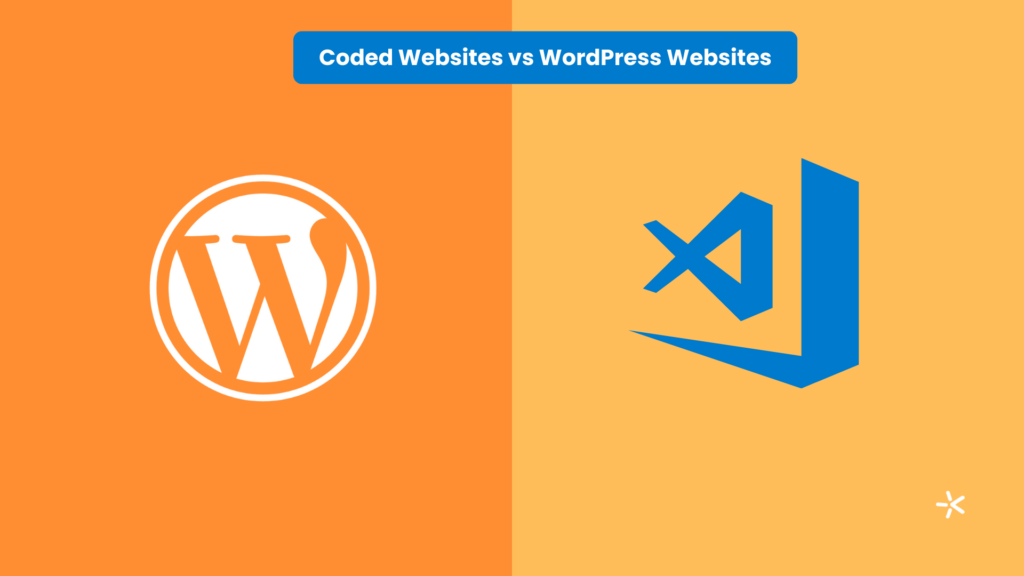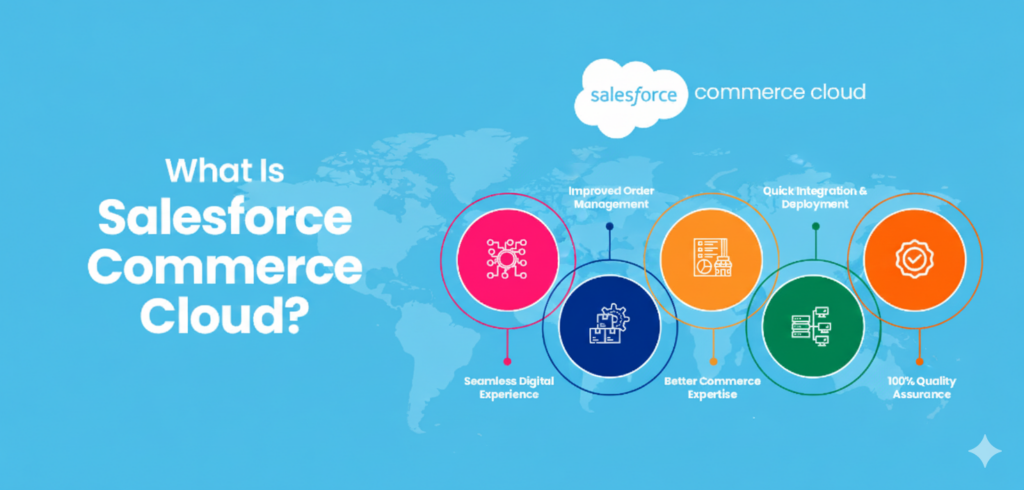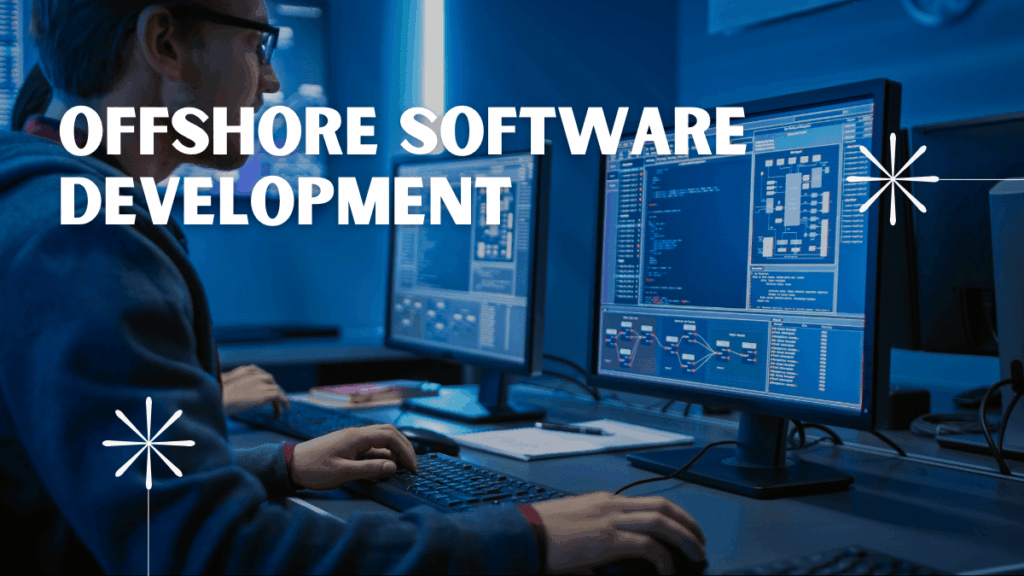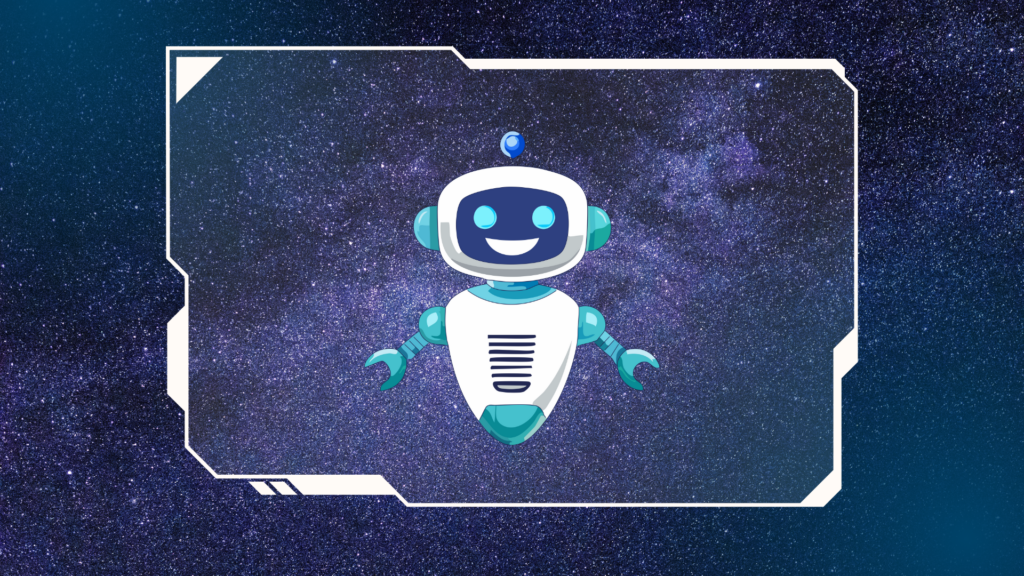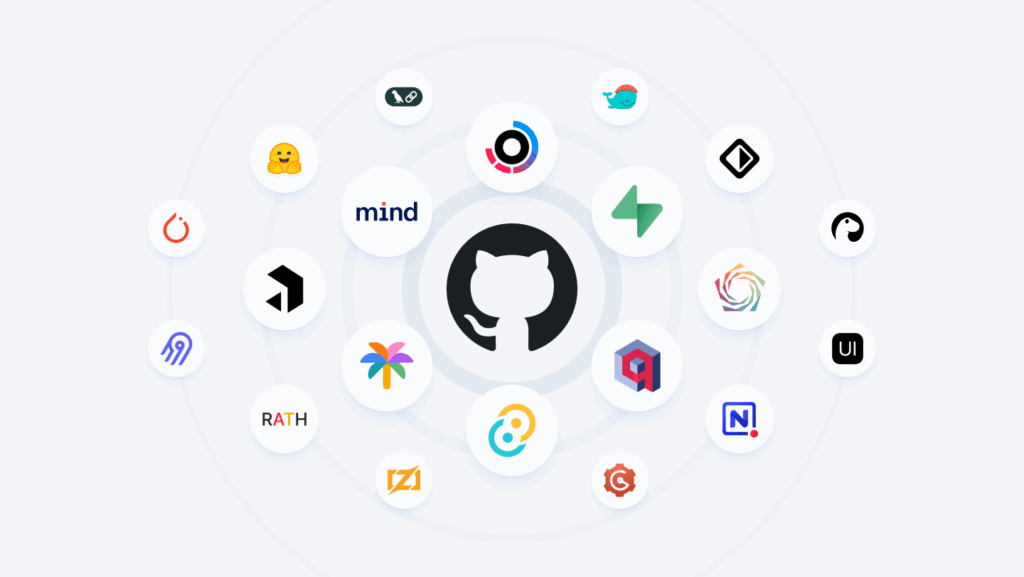The transformative capabilities of Artificial Intelligence (AI) are not just a mere illusion, but a current opportunity for organizations committed to increasing competitive advantage in 2025. The potential benefits of AI range from operational efficiency to revealing unseen insights, and everything in between. While the upside of AI is exceeding undeniable, the successful adoption and realization of its benefits relies on a vital first step- AI implementation readiness.
As the leaders of this technological transition, executives (CTOs, CIOs, Innovation Executives, heads of Product/Engineering, etc.) are responsible for determining which way their organization will go. Your vision, strategy, and commitment to the path forward will determine the pace of the transition and the eventual outcomes. Charging forward on AI initiatives without being aware of the state of your organizational readiness can lead to expensive failures, wasted dollars, and missed opportunities.
This guide provides a thorough checklist to help self-assess and evaluate your organization’s AI implementation readiness. By examining each element of the checklist, in particular, your current thinking and alignment within the organization, you will understand your starting point and ultimately where to focus your efforts in order to set your organization up for success.
Why AI Readiness Is Imperative Before Implementation
Diving into AI without strategic preparation is like constructing a skyscraper without a building plan. Most businesses get caught up in AI pilot investments without first linking the effort to specific business objectives or data plans. And what happens? Flat results, wasted budgets, and stakeholder mistrust.
A Gartner research showed that 30% of AI Projects will be deserted after proof of concept by the end of 2025. This is because of unrealistic expectations, substandard data infrastructure, or organizational pushback. Without an AI implementation readiness framework, organizations stand to lose more than just investment – lost momentum and credibility.
→ Prior to spending any budget or building an internal team, many executives spend time working with an AI/ML expert to validate feasibility and/or navigate early-stage risks. Explore our AI/ML Consulting Services to evaluate any AI readiness.
Is Your Business AI-Ready? Use This Checklist To Find Out
To assist decision makers in traversing this journey, here is an all-encompassing AI implementation readiness checklist that covers the strategic, technical, and cultural aspects of an AI program. Think of this as a pre-flight checklist before taking off on any AI programs.
Business Goals And Clarity
Are business outcomes defined?
You would want to define objectives and measurable key performance indicators (KPIs) that will ultimately determine the success of your AI initiatives. What are the measures of improvement with regard to efficiency, revenue, customer satisfaction, etc? Being specific will help to define your AI strategy, while evaluation is ultimately based on these success measures.
Do you have a high-value problem that can be solved with AI?
Clearly identify pain points or opportunities where you can deliver real value with AI. A variety of factors can be improved (improve customer experience, optimize supply chains, enhance product development, and more). Don’t just implement AI for the sake of it. Understand where you can cause a significant impact.
Tech Stack Preparedness
Many times, the adoption of AI requires either improvements or changes to your technology structure and the full integration of the AI system into your current structures.
Can AI tools be readily integrated into your current systems?
Evaluate how compatible potential AI solutions are with your existing enterprise systems (CRM, ERP, and other critical systems). Integrations must be seamless to share data and streamline operations.
Are you running on AI-compatible infrastructure?
Look at your current technology hardware, software, and networking capabilities and their ability to meet the computational demand of the AI model, and the integration of AI tools. Consider elements like processing power, storage, and networking bandwidth.
Hiring Talent: In-House vs. Outsourcing
AI implementation readiness requires talent who can build, manage, and enact AI solutions.
Should you build a team or go with external talent?
Look at your existing talent pool and determine if you have gaps across the data science, machine learning engineering, and AI ethics roles. Decide whether to build an internal team, partner with external AI consulting firms, or take a hybrid approach.
→If your organization has no ability to hire in-house AI capabilities, outsourcing is often the shortest route to innovation. Our AI/ML Consulting Services include dedicated teams and strategic consulting specifically for enterprises.
Data Maturity
AI algorithms feed on data. The quality, organization, and availability of your data will play a major role in determining the performance and accuracy of your AI models.
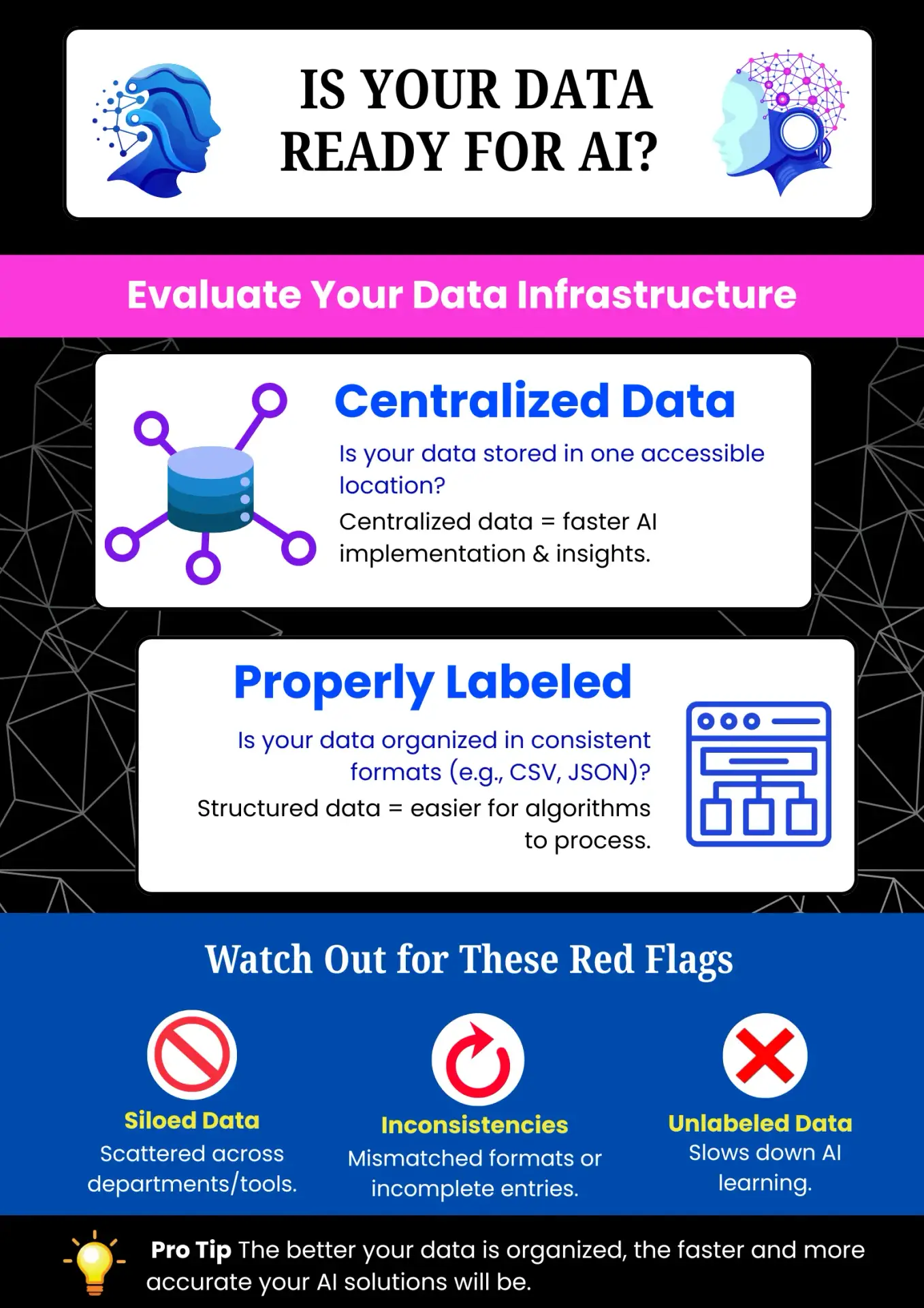
Are you collecting the right data?
Make sure you’re gathering the relevant data points for the business issues you’re attempting to address through AI. Identify where there are gaps in data and plan for ways to capture needed information. Your data’s quality and relevance are critical to your AI program’s success.
Is your data centralized, labeled, and structured?
Evaluate your data infrastructure in its current state. Is your data structured so that it is easily consumable by AI algorithms? Is it properly labeled and easily accessible in a centralized warehouse? Siloed or inconsistent data can pose major obstacles to AI adoption.
Organizational Buy-In & Support
Successful AI implementation and use require not only the right technology but also a culture of support and buy-in from your company.
Are your teams ready for AI-backed change?
Check if your teams are willing to adopt the new tools and processes that will be AI-led – be proactive in addressing concerns with job displacement. Provide adequate training and support, and convey the importance of learning & development in your culture. Successful AI implementation readiness requires a culture that values innovation and continuous improvement.
Does your leadership trust data-driven decision making?
Make sure your leadership team believes in making decisions based on data and AI insights and champions their use forward for strategic decision making – once they are convinced it is data, it sets the pace for the whole organization.
Clarity Regarding Time, ROI, And Budget
It is important to have realistic timeframes, a defined budget, and a clear understanding of ROI before moving forward with your company’s AI implementation readiness.
Do you envision a phased plan or pilot?
Consider the use of a phased strategy to implement AI, beginning with pilot projects to learn feasibility and establish value before going large-scale. This enables incremental learning and avoids the risk of big-batch failures.
Are your timelines reasonable?
Create realistic project schedules, taking into account the intricacies of data preparation, model building, testing, and deployment. Set unrealistic deadlines, which can result in hasty implementation and degraded quality.
Excited to Start an AI Startup/Product?
For corporate enterprises and leaders with foresight who want to launch AI-based products or even start AI-focused businesses, the readiness assessment takes on a new dimension.
→Need some inspiration? Here are some AI startup ideas for 2025 that tackle real-world problems with emerging technologies like Agentic AI, Generative AI, and predictive modeling.
What Is Agentic AI – and Are You Ready for It?
As you contemplate your AI implementation readiness roadmap, it is important to think about trends that could define the future of enterprise automation. Agentic AI is one of those trends and represents a major leap from existing AI models that are interdependent on constant oversight from humans.
Agentic AI are autonomous AI agents that can sense their world, define goals, and act towards their goals without human intervention at each step. These goal-seeking systems can learn and adapt, and even reason, and this brings with it new opportunities for elaborate automation and scale decision-making.
→Innovative companies are already looking into agentic systems for automating decision-making at scale. Discuss with our AI experts how Agentic AI aligns with your future strategy.
Unlock the power of AI/ML for your business
We can help! Whether you need custom AI software or want to augment your team with skilled developers for a particular project — we have all AI ML solutions for your needs.
Not Yet Prepared? Here's What You Can Do
If your self-assessment shows shortcomings in your company’s AI implementation readiness, don’t worry. Various forward-looking steps can be followed to fill the shortcomings:
- Hire consultants to frame your strategy
Hire seasoned AI consultants to assist you in creating an end-to-end AI strategy specific to your business requirements and goals.
- Begin with small-scale PoCs or in-house workshops
Begin small Proof of Concept (PoC) initiatives or host workshops within your organization to train your teams and lay the basics in AI.
- Upskill internal teams or fractional AI hires
Invest in training initiatives to upskill your current employees or hire fractional AI professionals to share specialized expertise and advice.
Final Thoughts
AI implementation readiness is not just a technology review, but an overall assessment of whether your organization is ready to generate sustainable value, as a return on the investment of AI. If you approach the business, data, technology, organization, and people concerns as guided by this checklist, you will create the foundation for implementation success.
Readiness is the groundwork to ensure AI success, as organizations that invest in readiness outperform organizations that are impatient to implement AI, with better ROI, faster time-to-value, and improved and sustainable competitive advantage.
The potential of AI to transform businesses is enormous, but realizing this potential begins with preparedness. Adopt a proactive and strategic mindset and enable your organization to embark confidently on this exhilarating journey of AI adoption.
Are you still uncertain about what your next step is? Let’s chart your AI implementation journey together, and arrange for your own AI readiness consultation from our experts.
